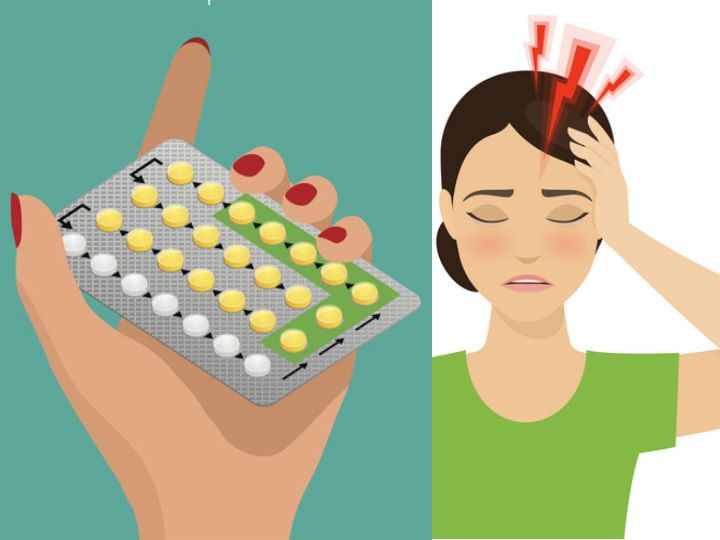Warning: The FDA has issued a warning regarding a slight chance of severe liver injury that has been associated with the use of this medication.
Indications: Casodex is the brand name for the generic medication bicalutamide, which was approved by the FDA in 1995. This is an oral medication that is used in the treatment of prostate cancer. It is classified as a non-steroidal anti-androgen. Within the human body, the adrenal gland produces a set of hormones which are called androgens. Testosterone considered to be an androgen. These hormones are responsible for stimulating the growth of certain tissues such as the prostate gland. It is also believed that androgens affect the growth of body and facial hair and other characteristics that are distinctly classified as male. Because androgens are also believed to stimulate the growth of cancer cells within the prostate, anti-androgens are often used in order to slow or to stop the reproduction and the spread of these cells.
This medication is used in some early cases of prostate cancer as well as in cases that are more advanced. Although it has been shown to stop the spread of cancer, bicalutamide does not cure prostate cancer.
Dosage:
 This drug is often prescribed in combination luteinizing hormone-releasing hormone that is meant to be injected daily. Casodex, on the other hand, comes in tablet form. It is often prescribed in dosages of 50mg, although it can vary as requested by the doctor. The correct dosage of this medication is generally determined by various factors, including the specific medical diagnosis and the body’s response to therapy.
This drug is often prescribed in combination luteinizing hormone-releasing hormone that is meant to be injected daily. Casodex, on the other hand, comes in tablet form. It is often prescribed in dosages of 50mg, although it can vary as requested by the doctor. The correct dosage of this medication is generally determined by various factors, including the specific medical diagnosis and the body’s response to therapy.
This medication is generally taken once a day. It can be taken either in the morning or in the evening, but should be taken at the same time every day in order to ensure the steady admission of medicine. When taking this, and all other drugs, you should not increase or decrease your dosage without the approval of your doctor. It will not improve your condition any more rapidly and could have harmful side effects. If you forget to take a dose, take the tablet as soon as you remember. If it is already time to take your next dose, skip the dose that you missed. Do not double a dose to make up for missing one.
This drug can be dangerous during pregnancy and can harm a fetus. Because it can be absorbed through the skin, Casodex should not be handled by women who are pregnant or by children.
Overdose: Casodex o verdose is not known to be fatal. However, as a precaution, if you believe you have taken a higher dose of Casodex , contact your physician or a drug and poison control center near you immediately.
Missing dose: Do not take less or more of the dose recommended by your doctor. If you miss a dose of Casodex in a time not too closed to next one, it is important to take it as soon as possible. If you recall the missing in the next day, or when it is time to take the next dose, do not double the dose; it can cause serious health problems. The wise option is to contact your physician or wait to continue the normal dosage.
Contraindication: While there are no major contraindications for Casodex, any medical conditions should be discussed with a doctor or physician before beginning this medication.
Interactions: This medication may have unfavorable interactions with various other medications. Talk you to your doctor before taking any prescription or non-prescription medication: aspirin, vitamins, nutritional supplements, St. John wort, etc. Some drugs can alter the curative effects of Casodex, or increase the risk of developing side effects. Consult your doctor before taking any of the following medicines:
| · Sildenafil (Viagra)
· alprazolam (Xanax) · warfarin (Coumadin) · aripiprazole (Abilify) · buspirone (Buspar) · nifedipine (Adalat, Procardia) · atorvastatin (Lipitor) · lovastatin (Mevacor) |
· indinavir (Crixivan)
· amlodipine (Norvasc) · diltiazem (Cardizem, Dilacor, Tiazac) · felodipine (Plendil) · ritonavir (Norvir) · trazodone (Desyrel) · halcion (Triazolam) · Vincristine (Vincasar) |
Side effects:
 By attacking the growth and spread of cancer cells, Casodex also attacks healthy cells that multiply rapidly; in most patients, this can cause adverse effects. most common Casodex side effects include:
By attacking the growth and spread of cancer cells, Casodex also attacks healthy cells that multiply rapidly; in most patients, this can cause adverse effects. most common Casodex side effects include:
| · fatigue
· sleepiness · high blood pressure · erectile dysfunction · hair loss · frequent and urgent need to urinate · nausea and vomiting |
· difficulty emptying bladder
· decreased appetite · painful urination · hot flashes or flushing · bone, back, or pelvic pain · muscle pain and weakness · pain, burning, or tingling in the hands or feet · Intestinal problems: abdominal pain, diarrhea, gas, constipation |
Although rare, Casodex can cause serious side effects which require immediate medical attention; contact your doctor immediately if you experience any of these symptoms:
- dizziness
- chest pain
- shortness of breath
- bloody urine
- painful or swollen breasts
- fainting (temporary loss of consciousness)
- shortness of breath or difficulty breathing
- Painful or Difficulty swallowing
- yellowing of the skin or eyes (jaundice)
- unusual bruising or bleeding
- pain in the upper right part of the stomach
- Swelling of your arms, feet, ankles, or lower legs.


